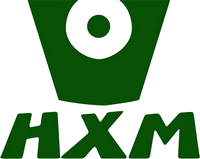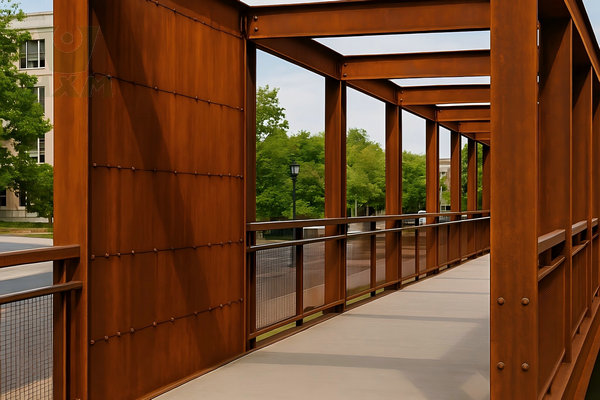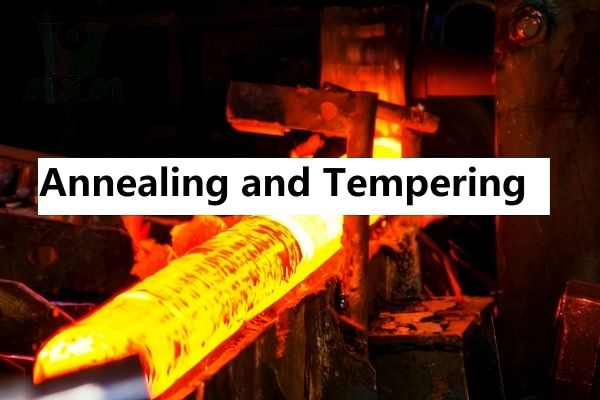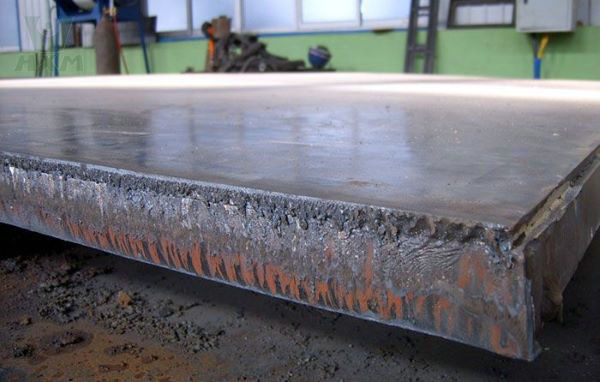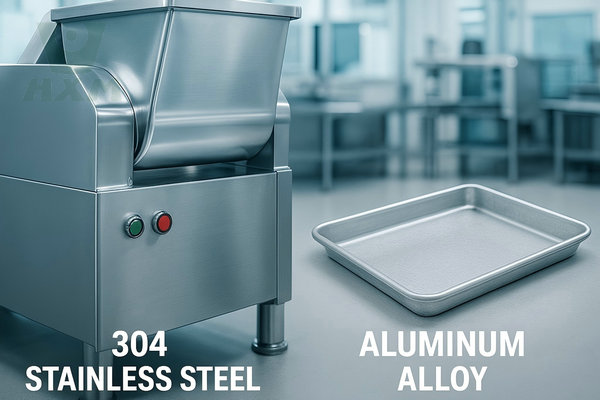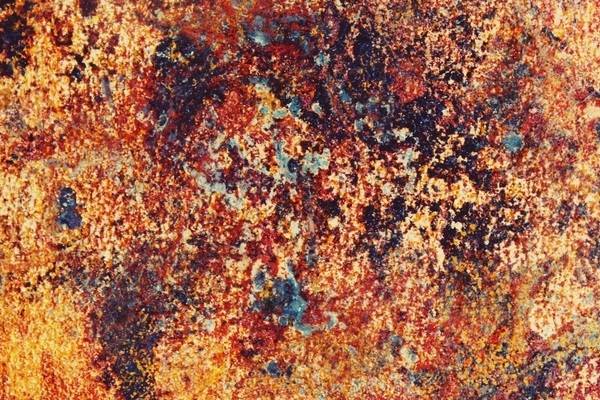
Aluminum alloy is a widely used metal and is used in various fields. However, there is still a lack of knowledge about whether aluminum will rust. This article will explore whether aluminum rust and why. We’ll analyze the chemical and physical properties of aluminum, explain what rust is, and why aluminum doesn’t rust easily. Finally, we will discuss the advantages and disadvantages of aluminum in practical applications, as well as the prospects for future applications. Through this article, we hope readers can better understand aluminum and use aluminum products correctly to ensure their long-term use and maintenance.
Properties of Aluminum
Aluminum is a lightweight, strong, electrically conductive, and corrosion-resistant metal that is used in a wide variety of applications. The following are some properties of aluminum:
- Lightweight: Compared with other commonly used metals, such as iron and steel, aluminum has a lower density, only one-third of their density, which gives aluminum advantages in terms of weight and strength.
- High strength: Although aluminum has a lower density, its strength is still high. The strength of aluminum can be further improved by methods such as alloying and heat treatment.
- Good Conductivity: Aluminum is a good conductive material. Aluminum is a commonly used conductive material in areas such as power transmission and electronic devices.
- Corrosion resistance: Aluminum has good corrosion resistance. The oxide layer on the aluminum surface protects it from corrosion and oxidation in most environments.
- Recyclability: Aluminum can be recycled. Recycling aluminum has much lower energy costs and environmental impact than making new aluminium.
Does Aluminum Rust?
What Is Rust?
Does Aluminum Rust Like Iron?
How Aluminum Avoids Rust?
To sum up, aluminum does not rust like iron, but forms an oxide layer to protect it from corrosion and oxidation. Aluminum has the ability of self-protection, which can prevent further corrosion of aluminum, and the oxide layer can be formed automatically after the aluminum surface is scratched or cut. Therefore, aluminum products usually do not require additional anti-corrosion treatment.
Why is Aluminum not easy to rust?
The reason why aluminum is not easy to rust is that a very thin oxide layer is formed on its surface, which prevents air and water molecules from entering the interior of the aluminum, thereby reducing further oxidation and corrosion of the aluminum. The aluminum oxide layer is formed by reacting with oxygen molecules in the air. During this process, aluminum atoms on the aluminum surface form chemical bonds with oxygen atoms, forming a dense oxide layer.
The aluminum oxide layer has many excellent physical and chemical properties, which can improve the corrosion resistance of aluminum. First, the oxide layer is very hard and very stable, protecting the aluminum from further oxidation and corrosion. Secondly, the aluminum oxide layer has excellent self-healing properties. Even if the surface is scratched or slightly damaged, a new oxide layer will be re-formed within seconds or minutes to protect aluminum from further corrosion. In addition, the high resistivity of the oxide layer prevents the flow of electrical current and prevents aluminum from corroding during electrochemical reactions.
Although aluminum itself is not easy to rust, it may still be corroded and oxidized in some extreme environments, such as high temperature, high humidity and acidic environment. Therefore, aluminum alloys and other anti-corrosion coatings are also widely used in the manufacture of aluminum products to further improve the corrosion resistance of aluminum products. Adding elements to aluminum alloys can change the physical and chemical properties of aluminum and enhance its corrosion resistance. The role of the anti-corrosion coating is to form a protective layer that can isolate the contact between aluminum and the environment, thereby preventing aluminum from being oxidized and corroded. The application of these measures can further protect aluminum products and prolong their service life.
Choosing the Right Aluminum Alloy for Your Application
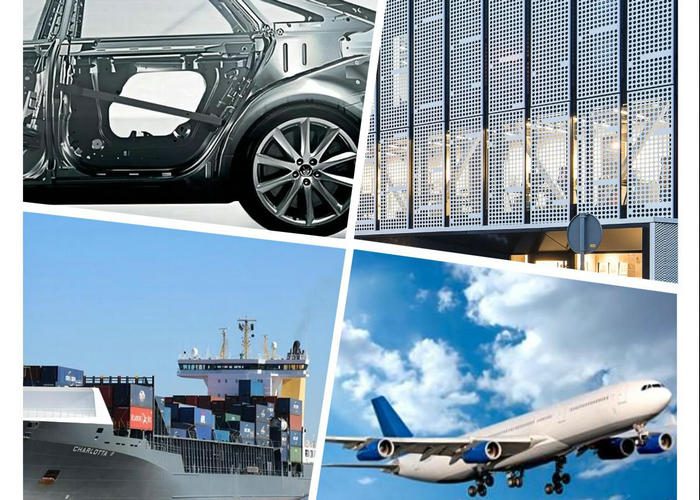
As we’ve discussed, not all aluminum offers the same level of performance. Selecting the correct alloy is key to ensuring the longevity and success of your project. Huaxiao Metal provides a wide range of aluminum alloys to meet your specific anti-corrosion needs:
1xxx Series Alloys: Being commercially pure, this series offers the best corrosion resistance but has lower strength. Ideal for chemical tanks and electrical conductivity applications.
3xxx Series Alloys: With manganese as the primary alloying element, this series has moderate strength and excellent corrosion resistance. Commonly used for cookware and heat exchangers.
5xxx Series Alloys: Alloyed with magnesium, this series has the highest strength of any non-heat-treatable alloy and exhibits outstanding resistance to marine corrosion. It is the premier choice for shipbuilding and marine hardware.
6xxx Series Alloys: Containing magnesium and silicon, these alloys are easily formed and machined and possess good corrosion resistance. Widely used for architectural applications, transportation, and consumer electronics.
Our team of experts is ready to help you select the perfect aluminum alloy to ensure your project meets its performance and durability goals.
Frequently Asked Questions
Does aluminum rust in saltwater or marine environments?
While aluminum doesn’t rust like iron, saltwater (chlorides) can accelerate its corrosion, leading to pitting. For applications in marine or coastal environments, choosing a marine-grade aluminum alloy is crucial. Alloys from the 5xxx series (like 5052) and 6xxx series (like 6061) are favored for their excellent resistance to saltwater corrosion.
How do you clean and maintain oxidized aluminum?
For light oxidation, a simple cleaning with mild soap and water using a soft cloth or brush is effective. For tougher buildup, a specialized aluminum cleaner or a solution of vinegar and water can be used. The key is to avoid abrasive tools like steel wool, which can scratch the surface and damage the protective oxide layer.
What is the difference between anodized aluminum and standard aluminum?
Anodizing is an electrochemical process that artificially thickens the natural oxide layer on the aluminum’s surface. This man-made layer is significantly harder, more durable, and more corrosion-resistant than the one that forms naturally. Anodized aluminum is also easier to dye, offering a variety of color finishes, making it ideal for harsh environments or applications requiring extra durability and aesthetic appeal.
In Conclusion
To sum up, although aluminum can be oxidized, it will not rust like iron. This is because an oxide layer forms on the surface of the aluminum, which prevents further oxidation and corrosion of the aluminum. The aluminum oxide layer has excellent physical and chemical properties, which can improve the corrosion resistance of aluminum. In addition, the application of aluminum alloys and other anti-corrosion coatings further improves the corrosion resistance of aluminum products.
Although aluminum has many advantages, such as light weight, high strength, good electrical and thermal conductivity, etc., aluminum also has some disadvantages. For example, the production process of aluminum requires a lot of energy and resources, and also produces a lot of carbon dioxide emissions. In addition, the price of aluminum is relatively high, which is not suitable for some low-cost application scenarios.
In the future, with the increasing awareness of environmental protection and the increasing demand for lightweight materials, the application prospects of aluminum are very broad. Aluminum products will continue to play an important role in sectors such as automotive, aerospace, construction and electronics. At the same time, in order to solve environmental problems and resource shortages, we also need to explore more environmentally friendly and resource-saving aluminum production technologies and recycling methods.
If you have any questions or ideas about aluminum rusting or other related issues, please feel free to contact us and we would be more than happy to discuss further with you.
